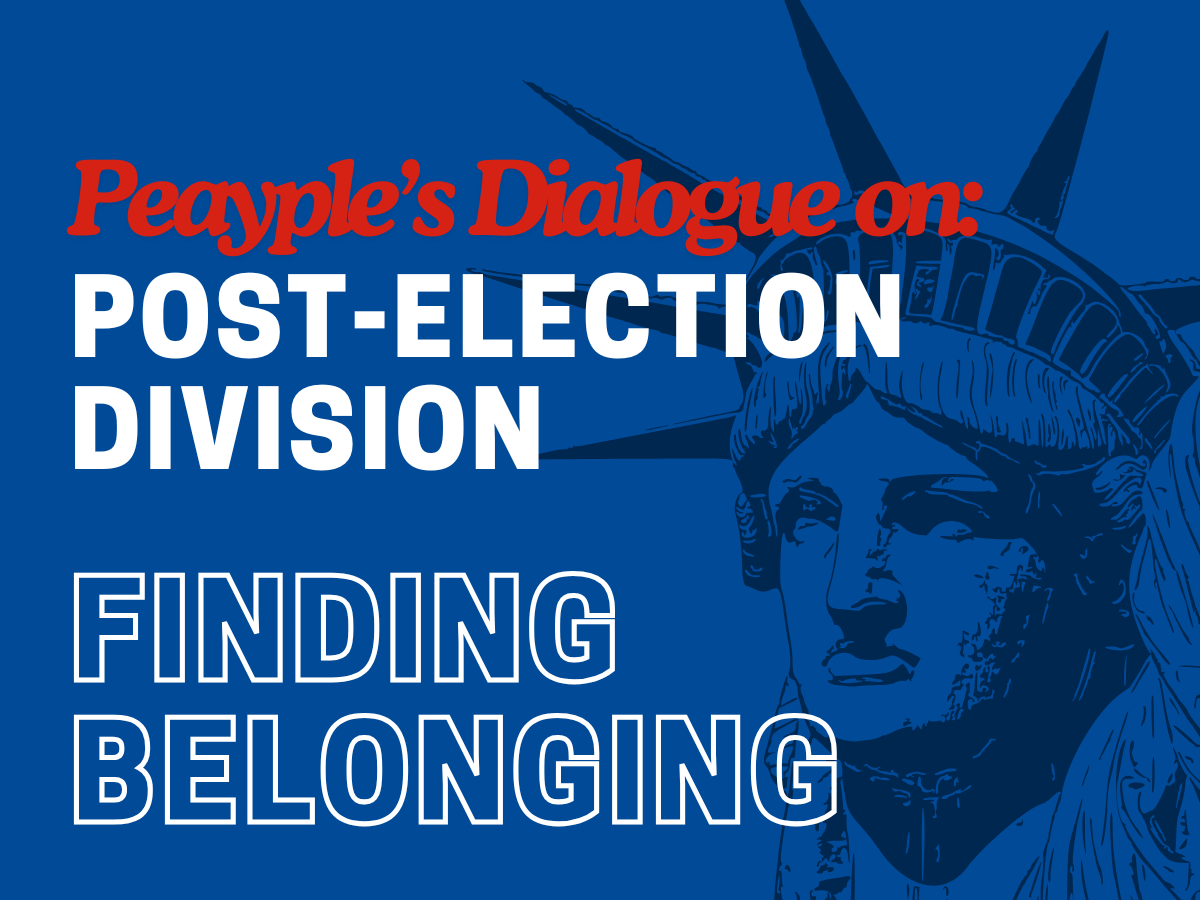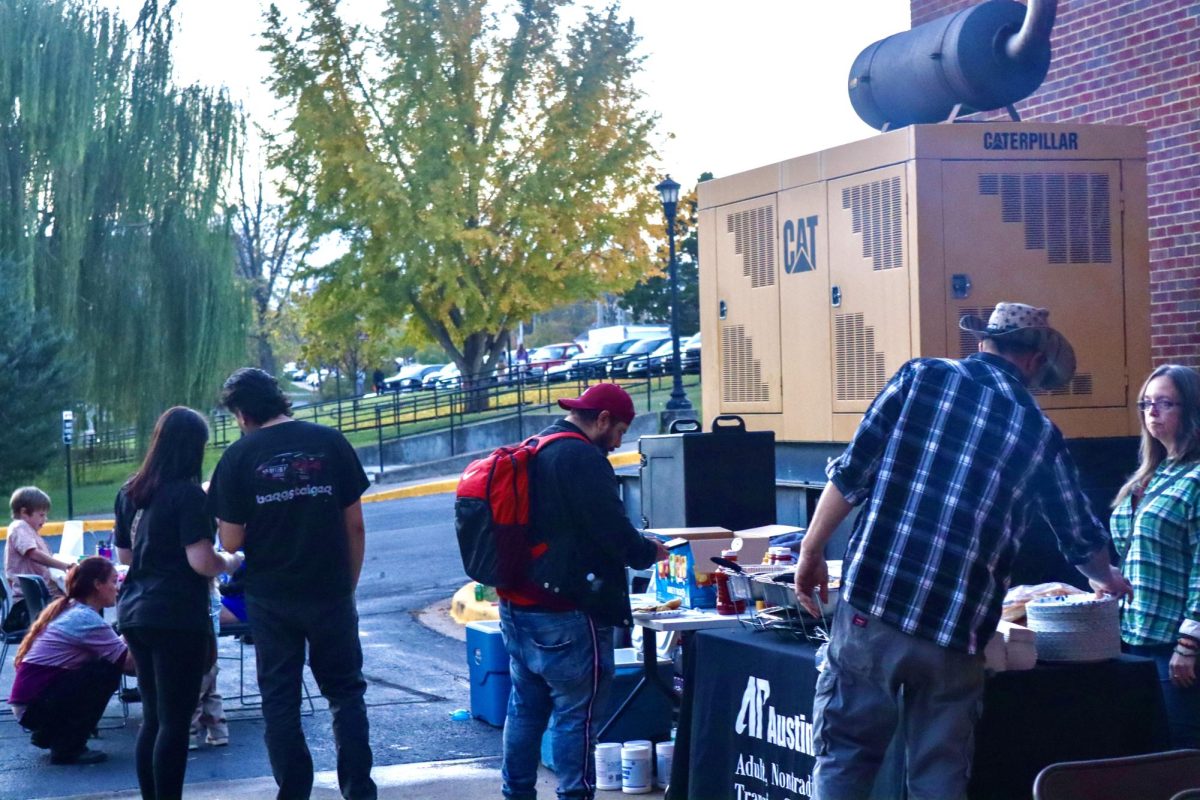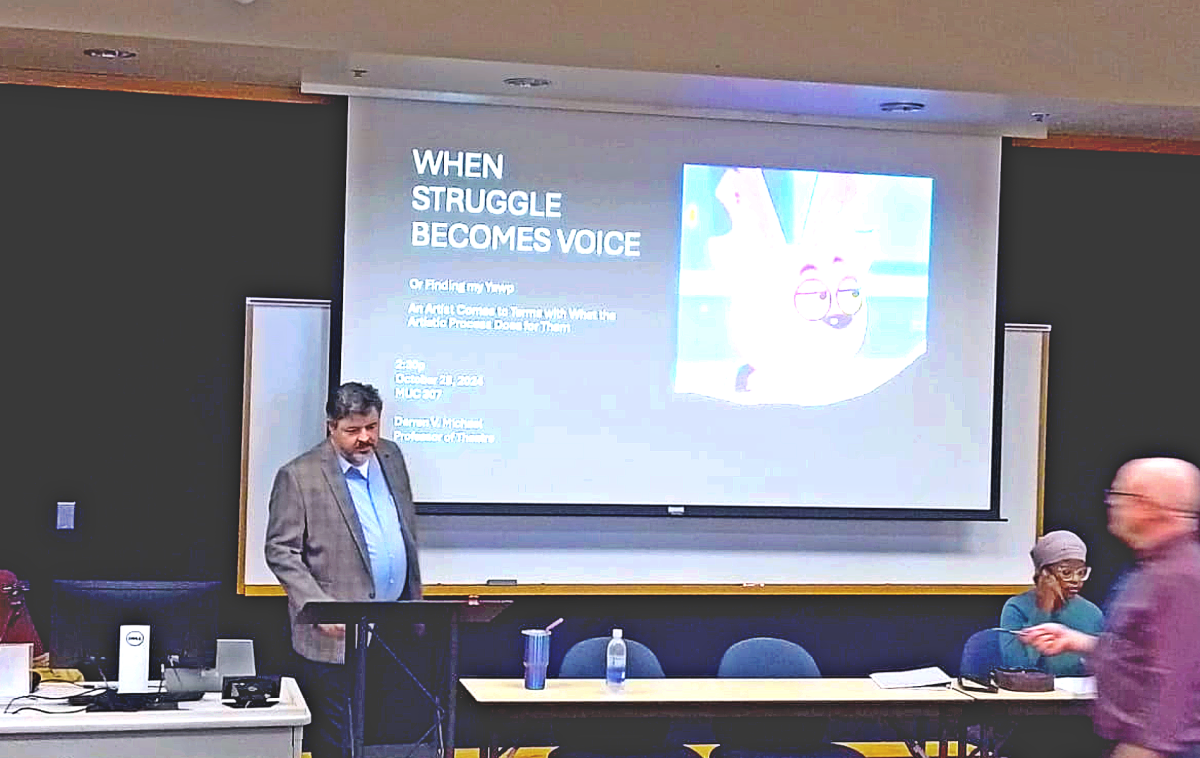If you’ve ever considered taking a gap year, you’ve probably heard this before: “If you leave now, you’ll never go back.”
This statement has been proven wrong by several students within APSU, so why does this stigma seem to pressure students from choosing to take a gap year?
Often students are made to believe that there is one right way of doing things, and this “right way of doing things” creates the idea that you have to go to college right out of high school, and you must stay there for four years. This way of thinking can be potentially harmful to students, especially those that are still unsure of what is to come after college.
There are a variety of reasons that would make a student feel like they would need to take a gap year. Whether personal or monetary, a gap year provides a student time to find themselves and gain personal growth so they can excel when they do decide to return.
For sophomore Sana Swinson, the choice to take a gap year was easier than most would expect.
“I realized I was wasting, so much money taking these classes that I didn’t know what I was doing in and failing some of them. To the point where I said to myself I need to stop and reevaluate myself because I’m digging myself a hole,” Swinson said.
During her time off Swinson was able to reevaluate what she wanted to do after college and what kind of classes she wanted to take. Now she is taking classes that she enjoys and is actually looking forward to working hard for her classes.
Swinson did experience some pressure to return to school earlier. “I had to think about do I go back? Do I just work for the rest of my life?” Swinson said. “A lot of people told me I wasn’t going to go back but I did say that I was only going to take a break for a certain amount of time.”
Swinson said that during her transition from her gap year to this semester she did realize that some things about her schedule were going to have to change. “I definitely had to say no to hanging out with my friends as often because I love them but I don’t always get work done when I’m around them,” Swinson said.
“Honestly, I had to be more strict on myself. I am pretty proud of myself.”
“I think if you set a goal to go back then usually people do stick to their goal, if a student is determined then they will come back and if during your gap year you realized that school isn’t for you then you can find out what works for you,” Swinson said.
The stigma around gap years has made it harder for students to take the time they might need to figure out their future. While college is usually seen as the place for that, not all students have the privilege to take classes for a major they no longer enjoy.
Gap year students like Swinson are a great example of how just because a student needs a break, this does not mean they are giving up.
This statement has been proven wrong by several students within APSU, so why does this stigma seem to pressure students from choosing to take a gap year?
Often students are made to believe that there is one right way of doing things, and this “right way of doing things” creates the idea that you have to go to college right out of high school, and you must stay there for four years. This way of thinking can be potentially harmful to students, especially those that are still unsure of what is to come after college.
There are a variety of reasons that would make a student feel like they would need to take a gap year. Whether personal or monetary, a gap year provides a student time to find themselves and gain personal growth so they can excel when they do decide to return.
For sophomore Sana Swinson, the choice to take a gap year was easier than most would expect.
“I realized I was wasting, so much money taking these classes that I didn’t know what I was doing in and failing some of them. To the point where I said to myself I need to stop and reevaluate myself because I’m digging myself a whole.”
During her time off Swinson was able to reevaluate what she wanted to do after college and what kind of classes she wanted to take. Now she is taking classes that she enjoys and is actually looking forward to working hard for her classes.
Swinson did experience some pressure to return to school earlier. “I had to think about do I go back? Do I just work for the rest of my life?” Swinson said. “A lot of people told me I wasn’t going to go back but I did say that I was only going to take a break for a certain amount of time.
Swinson said that during her transition from her gap year to this semester she did realize that some things about her schedule were going to have to change. “I definitely had to say no to hanging out with my friends as often because I love them but I don’t always get work done when I’m around them.”
“Honestly, I had to be more strict on myself. I am pretty proud of myself.”
“I think if you set a goal to go back then usually people do stick to their goal, if a student is determined then they will come back and if during your gap year you realized that school isn’t for you then you can find out what works for you.”
The stigma around gap years has made it harder for students to take the time they might need to figure out their future. While college is usually seen as the place for that, not all students have the privilege to take classes for a major they no longer enjoy.
Gap year students like Swinson are a great example of how just because a student needs a break, this does not mean they are giving up.







